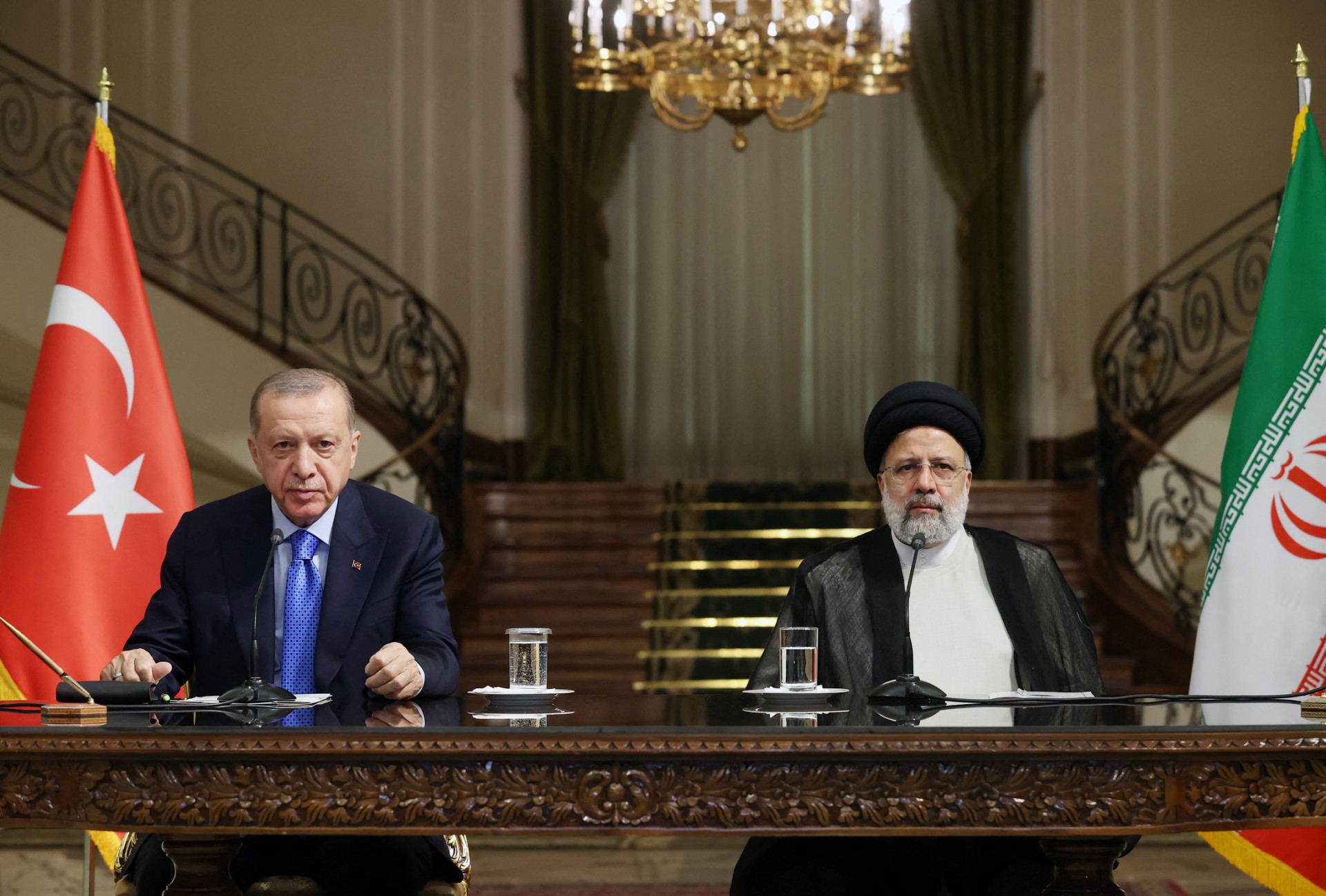Tehran, Iran–Iran and Turkey will join hands to set up a free trade zone at the border crossing in Khoy city.
Head of the Iranian-Turkish parliamentary friendship group in the Iranian shura council Adel Najafzadeh said during the recent visit of the Iranian President Ebrahim Raisi to Turkey, Raisi and his Turkish counterpart Recep Tayyip Erdogan agreed to establish a free trade zone at the border crossing in Khoy city.
Turkey is considering opening new border crossings with eastern neighbour Iran, President Tayyip Erdogan said last week after talks with his Iranian counterpart, as they seek to revive sagging economic relations.
Erdogan, speaking at a Turkish-Iranian business council meeting alongside Iran’s President Ebrahim Raisi, blamed international sanctions on Tehran and the COVID pandemic for a decline in trade volumes.
Trade between Turkey and Iran peaked in 2012 at nearly $22 billion but has since fallen. It stood at $7.4 billion in 2023, according to Turkish Trade Minister Omer Bolat, down from around $10 billion a year earlier.
“The issue of opening new border gates with Iran is also on our agenda. Efforts to establish trade centres in border (areas) to increasing the economic development of our border provinces continue,” he said.
Najafzadeh pointed out that the large-scale investments of the two nations in this free trade zone can rebound the economy at a wider level and subsequently result in the upsurge of financial turnover ratio, highlighting that the question of the Iranian exports to Turkey, including natural gas, petrochemicals and upgrading rail networks between the two nations to advance transport and trade communications, were discussed and agreed upon during Raisi’s visit.
The vision of the Iranian President on forging solidarity with various countries at the regional level will generate economic welfare and achieve numerous milestones in this field for Iran, Najafzadeh said








